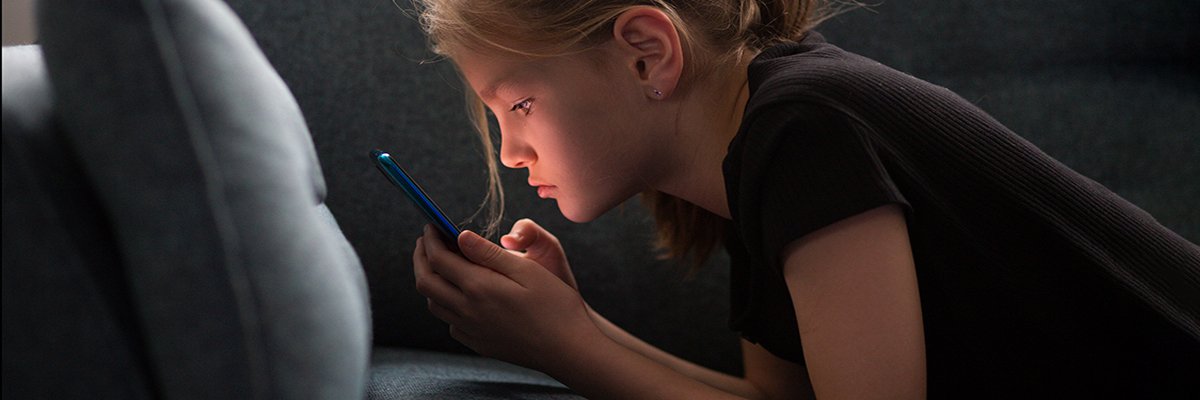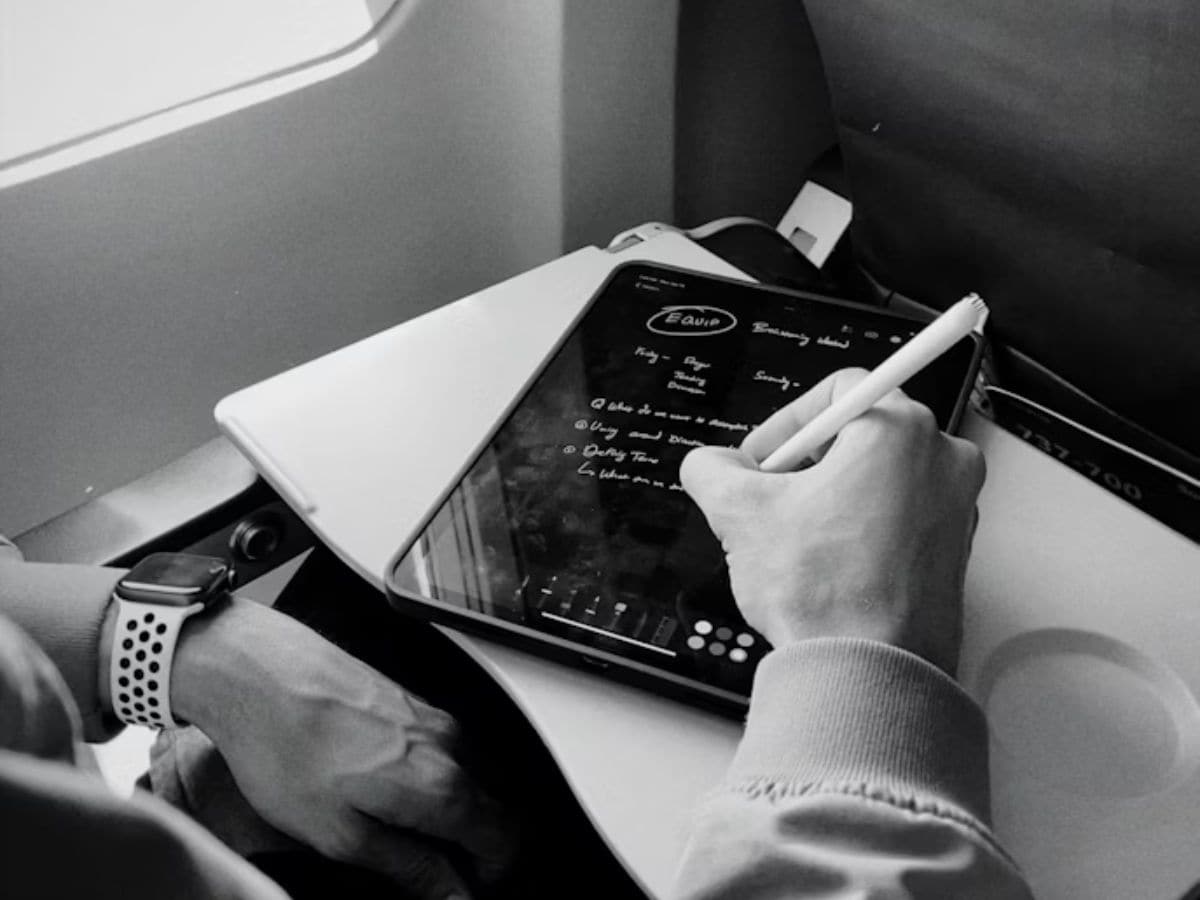France is the queen of world tourism. Spain is close, but the neighboring country moved almost 90 million visitors in 2024. A good part of them depend on the plane to arrive, and the problem is that they will soon pay more money to leave. The reason? A “solidarity tax.” And Ryanair has not been funny. So little that will leave some routes in winter. On the other side of the door, ready to collect the witness, was a Spanish airline.
Volot.
Taxes. The trigger is the TSBA. This is the abbreviation of ‘Taxe de Solidarité Sur Les Billets d’Avion’, a tax applied in France to the tickets. It is the French authorities that set the amount of tax with the aim of financing international aid programs or to promote ecological measures. A few months ago, that tax experienced an increase of 180% and, although it depends on the flight, distance and plane, on an economic flight within France or Europe, the rate went from 2.66 euros to 9.5 euros.
Other countries have other rates and in Spain, for example, there is one that applies to the use of infrastructure, security, shipping and other services that will rise about 68 cents per passenger as of March 1, 2026. It is a 6.5%rise, much lower than French. But well, as we say, Italy, Germany or Netherlands also have their rates.
Leave. Ryanair comes into play here. The airline, the largest in Europe by fleet, considers that they are excessive and threatened to state that the increase will make many routes unfeasible. In a nutshell: trips to regional airports to small and medium -sized companies will not be so profitable by reducing the margins of these ‘low cost’ airlines and, therefore, it would cease to make sense to keep them. And so it has been.
As we read in Travel Radar, Ryanair will completely retire from Strasbourg, Brive-La-Gaillarde and Bergerac airports from this winter. In total, it will cut 25 routes and 750,000 seats on those dates, reducing its operations in France by 13%.
Proper names. The consequences are devastating for the affected cities:
- Brive loses routes such as London-Stansted.
- Strasbourg loses links with Porto and Agadir.
- Bergerac will lose 33% of the activity, which can even touch the airport.
They are the most affected, but other larger airports such as those of Toulouse, Marseille or Beauvais in Paris will also have activity cuts. “Unless the government eliminates this unfair air tax, Ryanair’s capacity and investment in France will inevitably redirect to more competitive European markets such as Sweden, Hungary or part of Italy, where governments are eliminating air taxes to stimulate traffic, tourism, employment and economic recovery,” says the CCO of Ryanair, Jason McGuinness.
Volot. This decision has resonated at the Volotea offices, a low -cost Spanish airline that bases its business on connecting small and medium -sized cities in Europe. They are those that do not usually cover the large companies, with 420 routes in 2025, reaching the 100 cities in 18 European countries. Two names that we have already commented and that covers volotea are those of Marseille and Toulouse.
And, as we read in Hosteltur and that Volotea itself collects in its press section, the withdrawal of Ryanair leaves space for the Spanish to stay with the connections of Strasbourg with Agadir (Morocco) and Porto, with the intention of creating 70 jobs to operate.

“I don’t want money”. Thus, from this new pulse of Ryanair to the authorities of a country, the Spanish company benefits. And it is a sum and continues in a particular battle that Ryanair undertakes when the margins are at stake, such as when the controversial CEO of the company, Michael O’Leary, confirmed that he aspires that passengers fly without suitcases, even when of the 13,400 million euros that entered in 2024, 4,299 million come from extras such as being able to fly with a cabin suitcase or choose a seat.
Images | CJP24
In WorldOfSoftware | The great secret of Ryanair’s success is that he does not earn money to fly: he does so squeezing you in everything else












